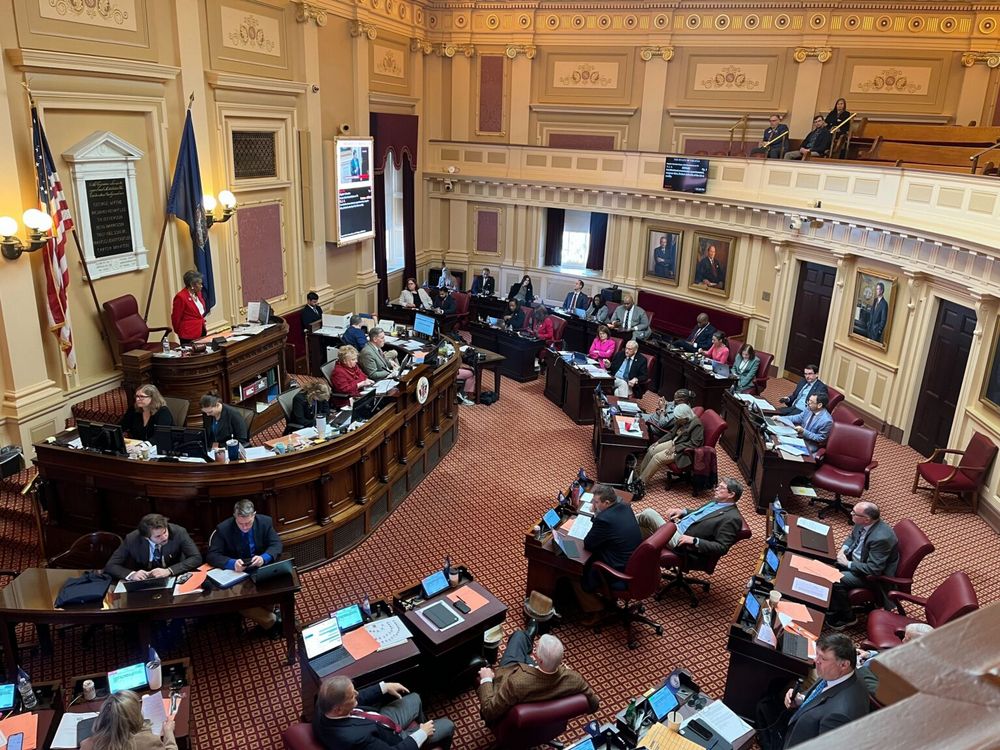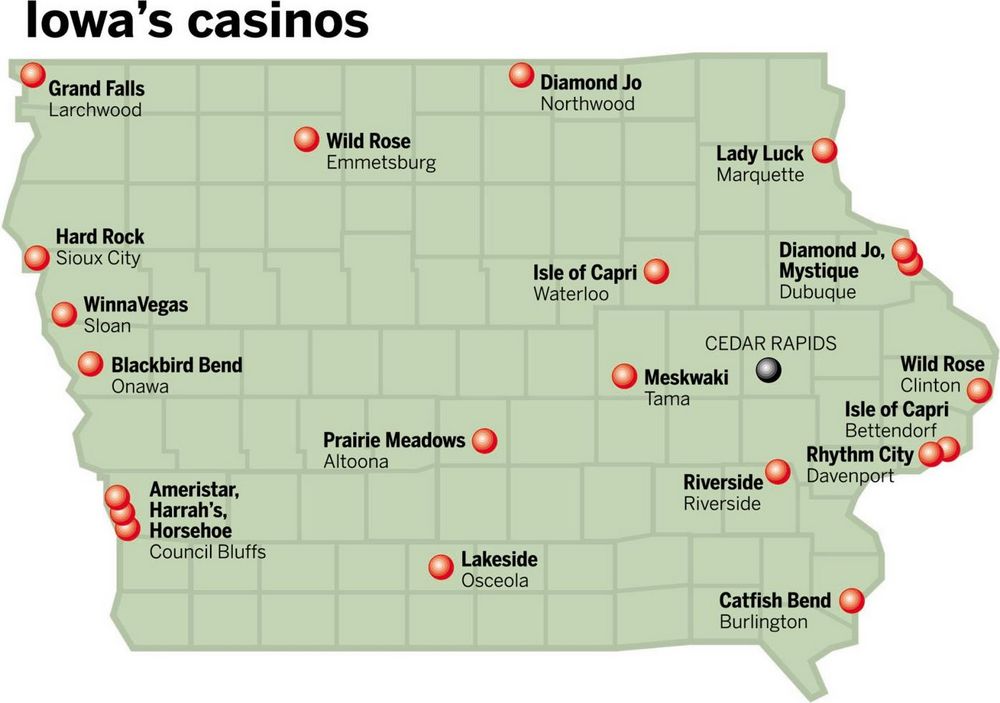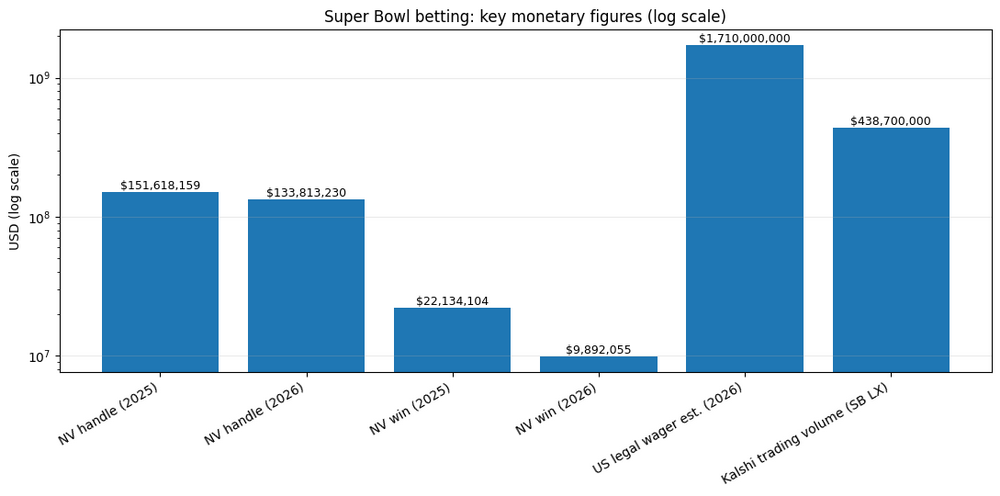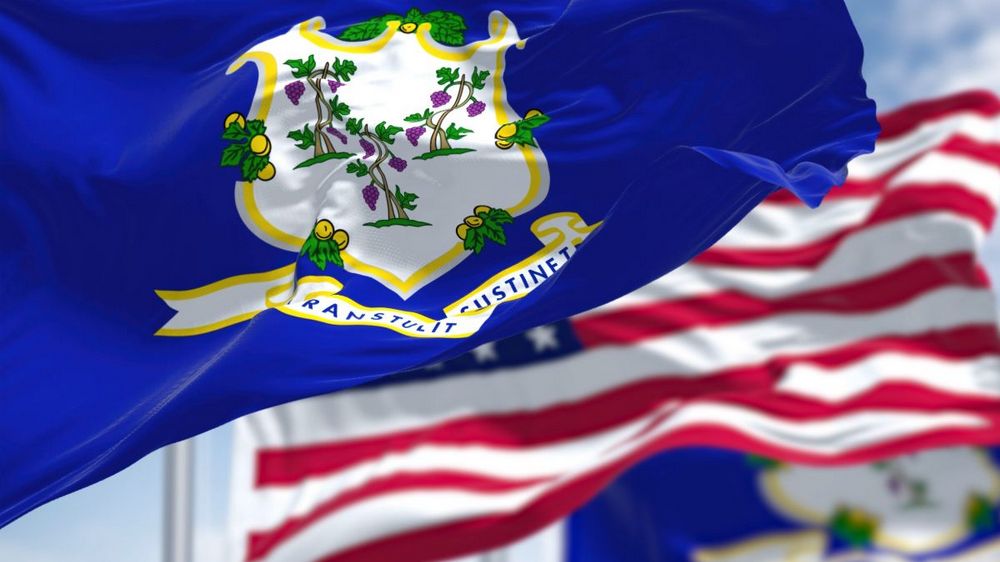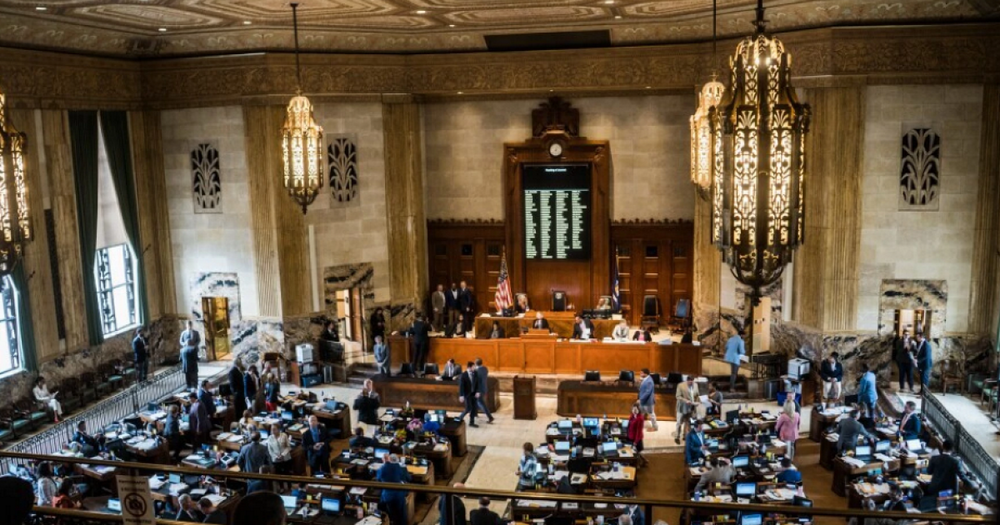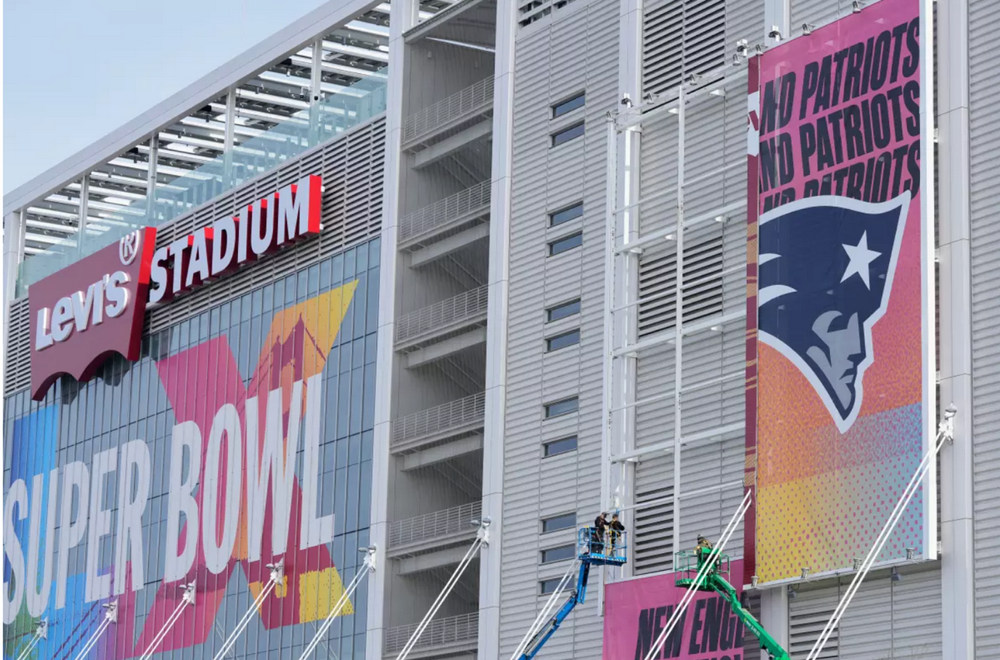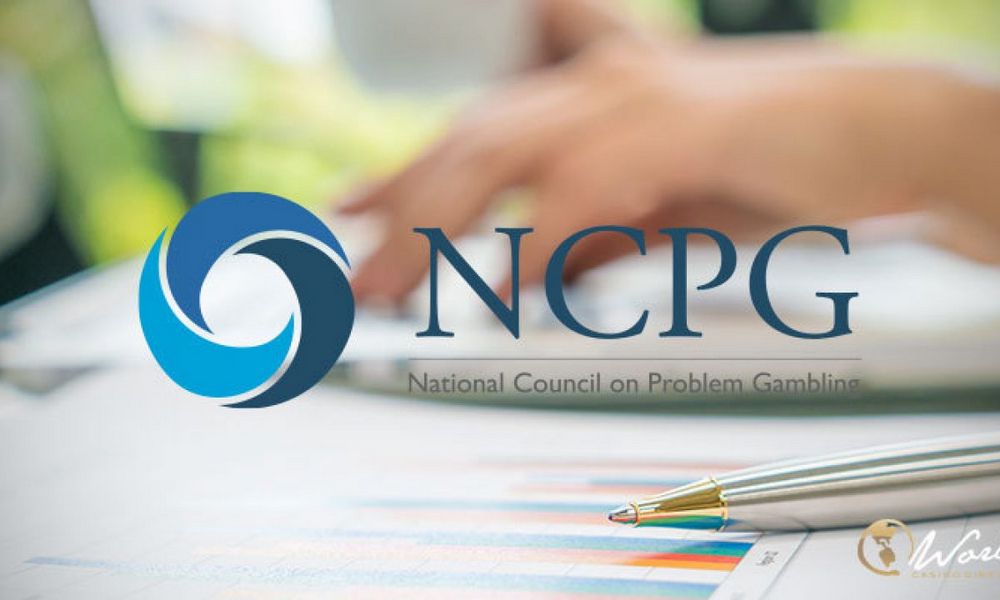MGM Resorts International is strategically doubling down on Brazil, allocating digital resources and marketing strength into BetMGM Brazil following strong Q2 2025 results—a move that aligns with broader Latin American expansion narratives already anticipated by industry analysts.
Platform president Gary Fritz confirmed during the earnings call that Q2 marked a strategic inflection point: “We got the product in shape in Q1. Q2, we turned on the marketing with a reasonable level of aggression, and we’re very happy with what we’re seeing.” The campaign reflects MGM’s shift toward digital acceleration in high-growth regions like Brazil, now a centerpiece of its international roadmap.

MGM’s digital operations—comprising BetMGM and LeoVegas—are trending toward sustained profitability. Q2 digital revenue hit $164 million, up 14% year-over-year, while BetMGM North America raised full-year guidance to $2.7 billion in revenue with positive EBITDA. The Q2 contribution was especially notable: $86 million in digital profit, up from just $9 million a year earlier.
Usd 175 million shake the bets from MGM in Brazil, ¿could the American group win the race?
Meanwhile, MGM’s Las Vegas Strip assets saw a modest 4% revenue dip, attributed to the temporary impact of the $65 million remodel at MGM Grand. Yet regional U.S. properties and international units—including China—helped balance the portfolio, contributing to a record consolidated net revenue of $4.4 billion.

The Brazil market, following the 2023 passage of sports betting regulation, is now among the most attractive growth territories in Latin America. MGM’s push via BetMGM comes at a moment of rising local demand, improving regulatory clarity, and increasing mobile penetration. Unlike many competitors, MGM is executing a hybrid strategy—bridging U.S. brand equity with regional product adaptation.
By committing early digital capital and anchoring operations in local partnerships, MGM is positioning itself for long-term dominance in Brazil’s evolving iGaming and online sportsbook ecosystem. It’s a digital-first, omnichannel approach that sets a new benchmark for multinational operators eyeing Latin America’s emerging markets.














